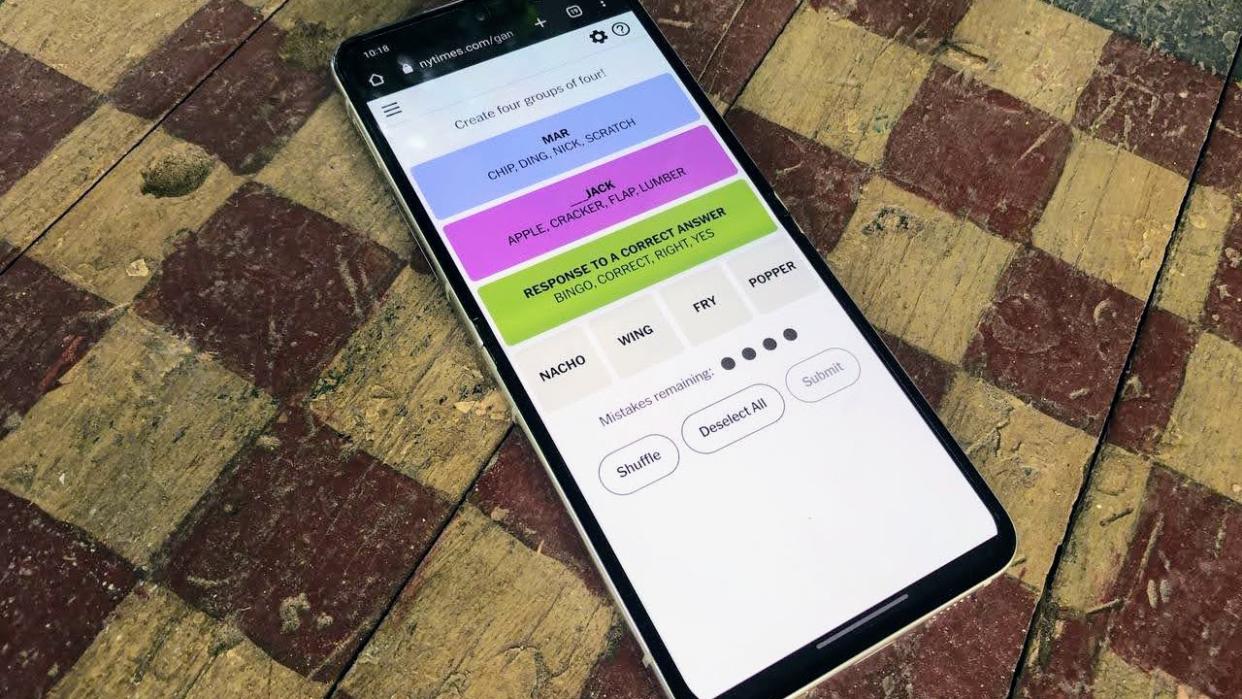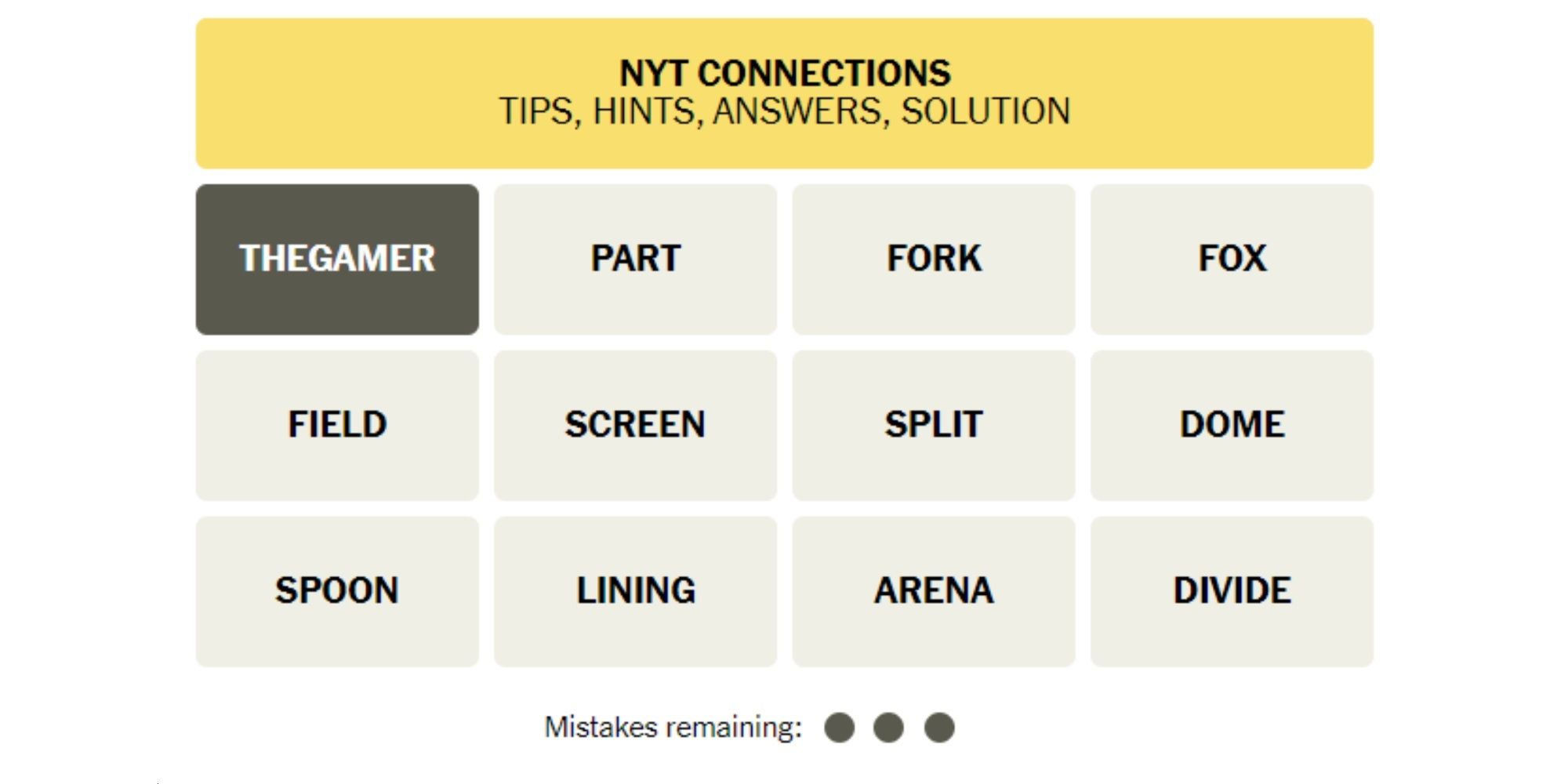Dissociative identity disorder (did), previously known as multiple personality disorder (mpd), is characterized by the presence of at least two personality states or alters. With treatment, you can begin to feel better. · dissociative identity disorder (did) comes with a lot of stigma and misunderstanding. When personalities … A closer look at dissociative identity disorder commonly associated with prolonged trauma in early childhood, it’s important to know did’s signs and symptoms—and … · dissociative identity disorder (did) is a rare condition in which two or more distinct identities, or personality states, are present in—and alternately take control of—an individual. Dissociative identity disorder (did), previously recognized as multiple personality disorder, impacts approximately 1. 5% of the population. The diagnosis is … · dissociative identity disorder (did) is a mental health condition where you have two or more separate personalities that control your behavior at different times. Dissociative identity disorder, dissociation, and trauma research made accessible for non-academic audiences. Lets bust some common myths. · dissociative identity disorder—also known as split personality disorder—is a psychiatric condition that occurs when a person has multiple identities. · although dissociation is a relatively common experience, did is a rare and often misunderstood condition. Dissociative identity disorder (did), previously referred to as multiple personality disorder, is a dissociative disorder involving a … The diagnostic and statistical manual of mental disorders, … Did fact sheet what is dissociative identity disorder (did)?
Did You Miss It The Nyt Mashable Connection Hint
Dissociative identity disorder (did), previously known as multiple personality disorder (mpd), is characterized by the presence of at least two personality states or alters. With...




